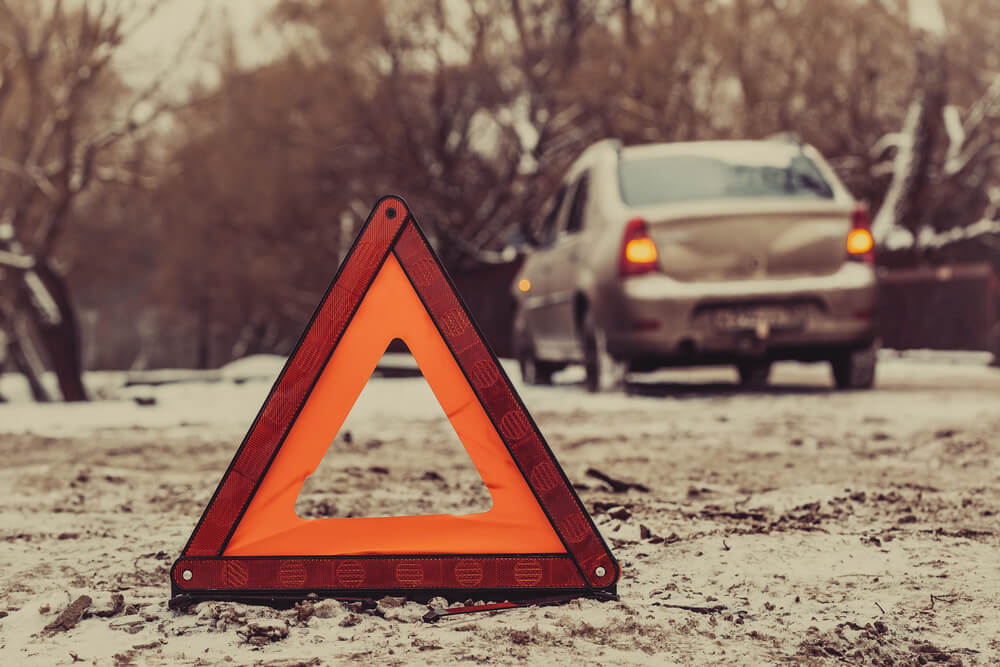Call (339) 217-6009 and Sell Your Junk Car Now!

Defensive Driving in the Snow
According to the Federal Highway Administration, nearly a quarter of accidents happen on snow, ice, or sleet. Despite states spending more than $2 billion a year on winter road maintenance, they can’t offset the dangers of slick driving conditions. Stay safe with these defensive winter driving safety tips.
Winterize to Save Lives
Many accidents are caused, at least in part, by neglected winter car maintenance. If you live in an area that gets sleet or snow, switch to winter windshield wipers. Cold temperatures affect tire pressure as well, so make sure you add air to your tires when the temperature dips. Drivers in areas that get lots of snow may want to switch their tires out for winter tires or put chains on their wheels.
Tame Your Driving Habits
Despite snowplows and sanded streets, snow and ice make for hazardous conditions. The most effective way to stay safe is by moving slow and steady. Ease on the gas and the brakes, be gentle when making turns, and give yourself extra time to get where you’re going so you aren’t as likely to go over the speed limit.
Give Yourself Space
In decent weather, it’s recommended to leave two cars’ worth of distance between you and the driver ahead of you on the highway. When snow and ice are on the pavement, increase this buffer zone two to three times over. Doing this not only gives you time to react, but it encourages you to keep your attention further down the road. Paying attention to the cars far ahead of you gives you time to anticipate changes you need to stay safe on the road.
Use Extra Caution on Hills
It can be hard to make it up an icy hill in winter. Trying to blaze a trail often results in spinning your wheels and slipping backward. Instead, speed up before you go up the hill. On your way up, keep your pressure on the gas and your steering stable.
Heading downhill is a bit different. You don’t want to hit the ground running. Take your foot off the accelerator before you get to the hill and gently ride the brake on the way down. If you have to turn the steering wheel, make sure you are not accelerating or braking at the same time. Take enough time to handle those jobs separately, or your car may spin out.
Stopping a Slide
Sooner or later, you’re going to lose traction while driving on snow or ice. The first instinct to slam the brakes makes things worse. Before you’re in a dangerous situation, practice how to handle a problem. Take your foot away from the brake and use your steering wheel to get your car under control.
If your front wheels are sliding, gently turn in the direction you want to go. If your back wheels are skidding on the ice, gently turn in the direction your car is sliding. You may have to do this several times on alternating sides of your vehicle to straighten your vehicle out. Keep your movements flowing smoothly. Overcorrecting will make things worse.
Unfortunately, hitting the brakes or making a wrong turn can result in your car spinning in circles. The best course of action is taking your foot off the brake or accelerator and holding your steering wheel steady. Once your wheels regain traction, you can speed up or slow down.
Keep Your Tank Full
In winter, enough condensation collects in a half-empty gas tank to cause frozen gas lines. Not only will your car stop moving, but the steering and brakes could freeze up while you’re still on the road. An easy way to prevent that is by keeping your tank as full as possible. This also helps if you wind up stuck in bad weather or stuck in traffic due to an accident.
Winter is one of the most dangerous seasons on the road. Thankfully, a mix of maintenance and preparation help you stay safe on the road.

